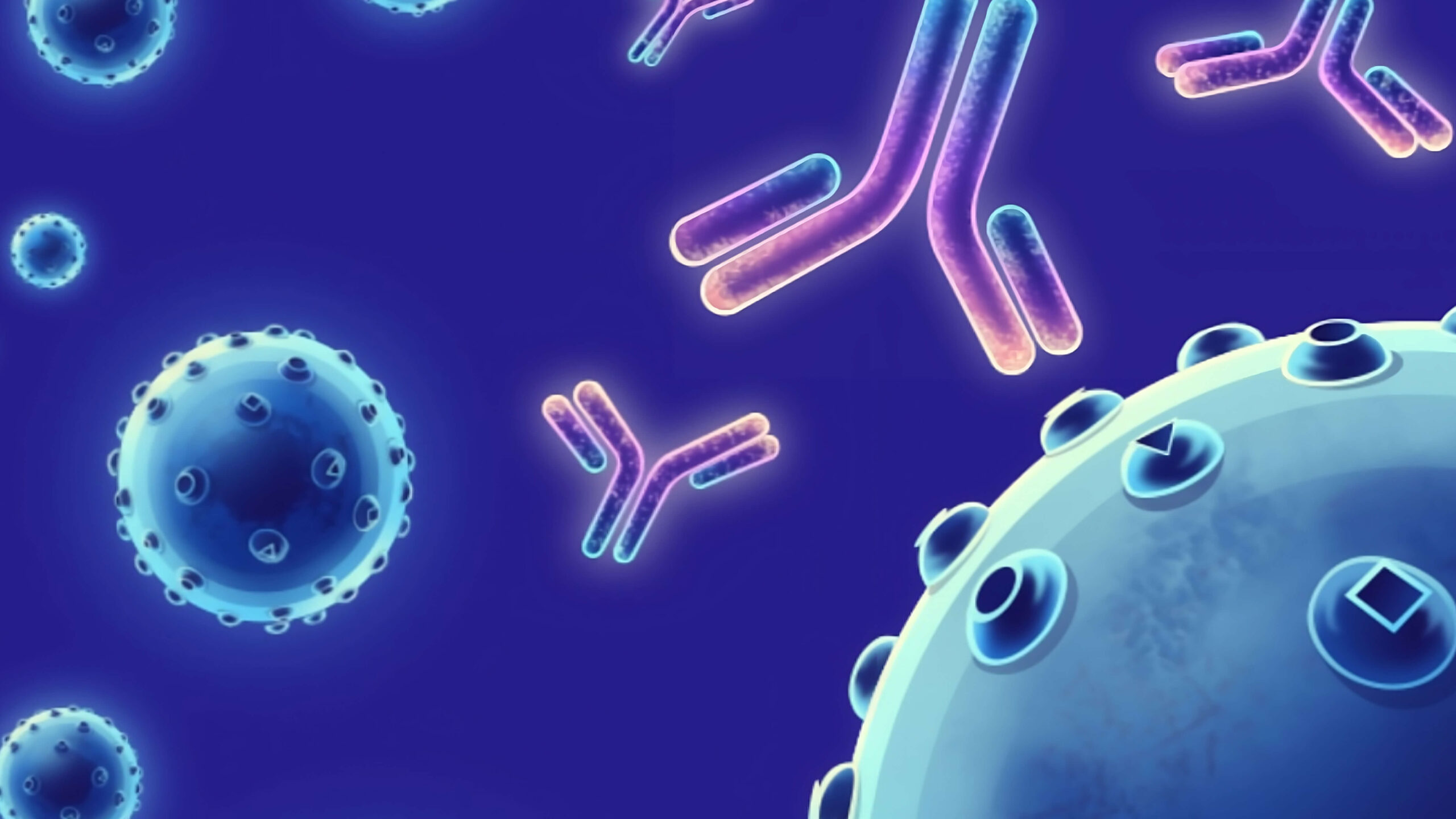Description
Alkaline phosphatase (ALPL) is a hydrolase enzyme responsible for removing phosphate groups from many types of molecules, including nucleotides, proteins, and alkaloids. The process of removing the phosphate group is called dephosphorylation. As the name suggests, alkaline phosphatases are most effective in an alkaline environment. It is sometimes used synonymously as basic phosphatase. Alkaline phosphatases (APs) are ubiquitous in many species, from bacteria to human. Four genes encode AP isoenzymes in humans and rodents. Three AP genes are expressed in a tissue-specific manner (i.e., placental, embryonic, and intestinal AP isoenzymes). Expression of the fourth AP gene is nonspecific to a single tissue and is especially abundant in bone, liver, and kidney. This isoenzyme is also called tissue-nonspecific alkaline phosphatase (TNAP). The enzyme tissue non-specific alkaline phosphatase (TNAP) belongs to the ectophosphatase family. TNAP is present in large amounts in bone in which it plays a role in mineralization.
Target
ALPL
Target Alias Name
ALPL
Isotype/Mimetic
Rabbit IgG
Animal-Derived Biomaterials Used
No
Sequence Available
No
Original Discovery Method
Phage display technology
Antibody/Binder Origins
Animal-dependent discovery (in vitro display, OR immunisation pre-2020), In vitro recombinant expression

